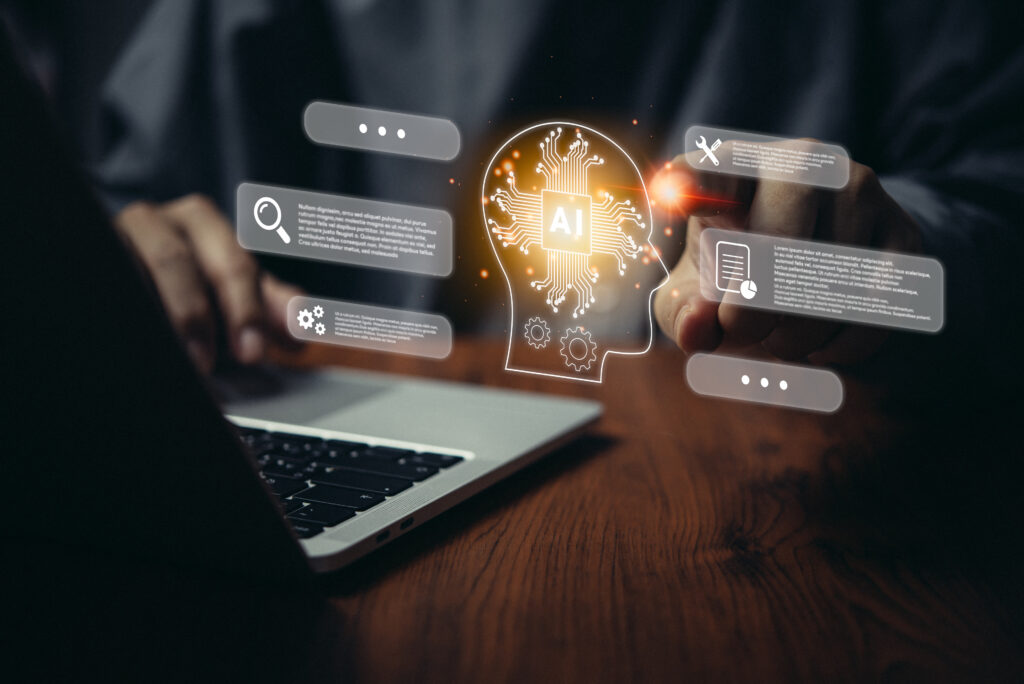
Traditional training methods are facing a challenge. Static modules and written assessments often struggle to capture the nuance of employee performance, especially for soft skills like communication, presentation, and collaboration. Enter AI video assessments: these can be a game-changer for employee learning and development.
AI video assessments use artificial intelligence to analyze video recordings of employees performing work-related tasks. It goes beyond simple grading to provide detailed feedback on communication skills, tone analysis, confidence levels and more. Think of it as a smart video coach, helping employees learn and improve in a personalized and engaging way.
This innovative approach offers a plethora of benefits for both employees and organizations. According to a 2023 study, Deloitte estimated that AI-powered training can reduce training costs by as much as 50%.
Personalized Feedback
Traditional assessments often provide feedback based on static criteria, which can limit their effectiveness in addressing individual needs. AI video assessments, however, analyze recordings using algorithms trained to identify specific skills and behaviors. This allows for personalized feedback tailored to each employee’s strengths and weaknesses, leading to more targeted development plans.
Improved Skill Assessment
Beyond simply checking boxes, AI assessments can delve deeper into specific skill areas. For example, analyzing a presentation video can reveal nonverbal cues, audience engagement, and language style, providing insights beyond just content accuracy. This comprehensive evaluation helps paint a clearer picture of employee capabilities and identify areas for improvement.
Scalability and Cost-Effectiveness
Traditional assessments, particularly those involving human observation, can be time-consuming and resource-intensive. AI video assessments, however, offer scalability. Large groups of employees can be assessed simultaneously, reducing the workload on trainers and making development programs more accessible and cost-effective.
Data-Driven insights
AI assessments generate rich data on employee performance, covering aspects like knowledge retention, communication style, and approach to problem-solving. This data can be analyzed to help identify trends, evaluate the effectiveness of training programs, and inform future learning initiatives. By providing a more holistic understanding of employee development, AI can become a valuable tool for talent management.
Enhanced Engagement and Motivation
Traditional assessments can be stressful and impersonal, hindering learning motivation. AI video assessments, however, offer a more interactive and engaging experience. Employees can receive detailed feedback on their performance, allowing them to track their progress and identify areas for improvement. This transparency and personalized approach can boost motivation and enhance the overall learning experience.

Implementation Considerations
While AI video assessments hold immense potential, their effective implementation requires careful consideration. Here are some key aspects to consider:
- Transparency and Trust – Building trust with employees is crucial. Clearly explain the purpose and process of AI video assessments, emphasizing their role in supporting individual development and career growth.
- AI Bias and Fairness – AI algorithms are only as good as the data they are trained on. Organizations must ensure that the data used to train AI assessment models is representative and unbiased to avoid discriminatory outcomes.
- Privacy Concerns – Employee privacy is paramount. Ensure strict data security measures are in place to protect video recordings and generated data. Anonymization and clear data retention policies can further build trust.
- Human-AI Collaboration – AI should not replace human expertise entirely. Leverage AI for objective analysis and data-driven insights, while human facilitators provide context, guidance, and personalized support to employees.
Looking Ahead
The future of employee learning is undoubtedly intertwined with AI. As video assessments continue to evolve, they will offer even more sophisticated analyses, including sentiment detection, emotional intelligence evaluation, and team dynamics assessment. With responsible implementation and continuous improvement, AI video assessments have the potential to transform employee development, fostering a culture of personalized learning, data-driven insights, and continuous improvement.
Embracing AI video assessments can help organizations:
- Develop a stronger, more skilled workforce
- Improve employee engagement and satisfaction
- Optimize training programs for greater effectiveness
- Make data-driven decisions to support talent management
AI video assessments are not just a trend, but a powerful tool that can be used to unlock the full potential of employee learning and development. By harnessing the power of AI while upholding ethical considerations, organizations can create a dynamic and personalized learning environment that propels both individual and organizational success.
